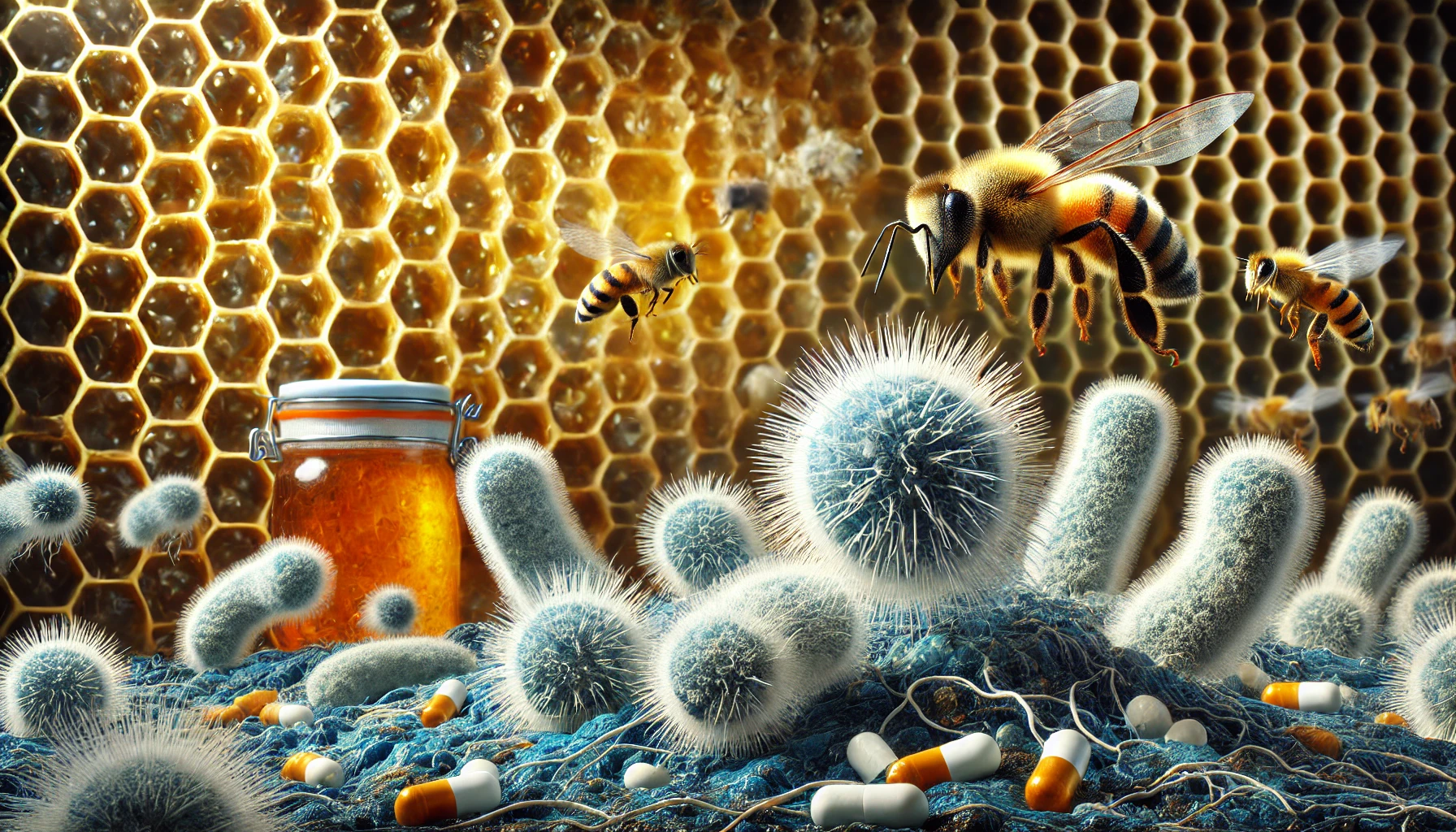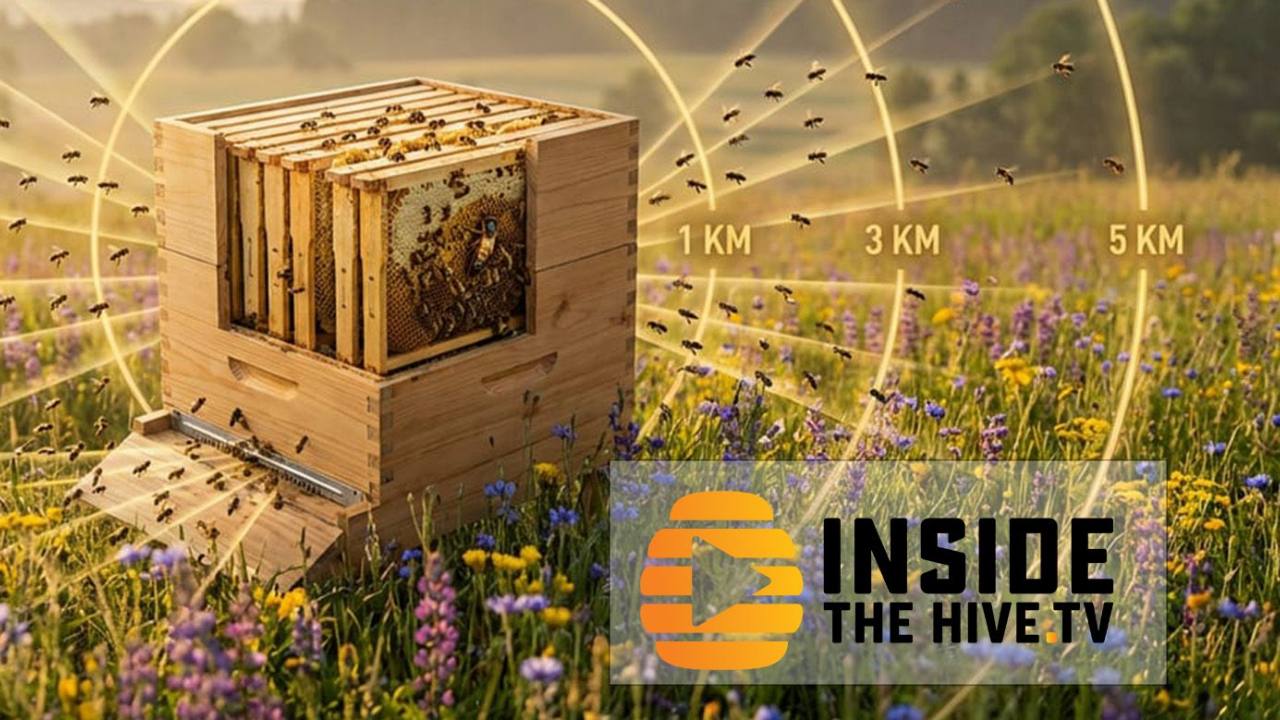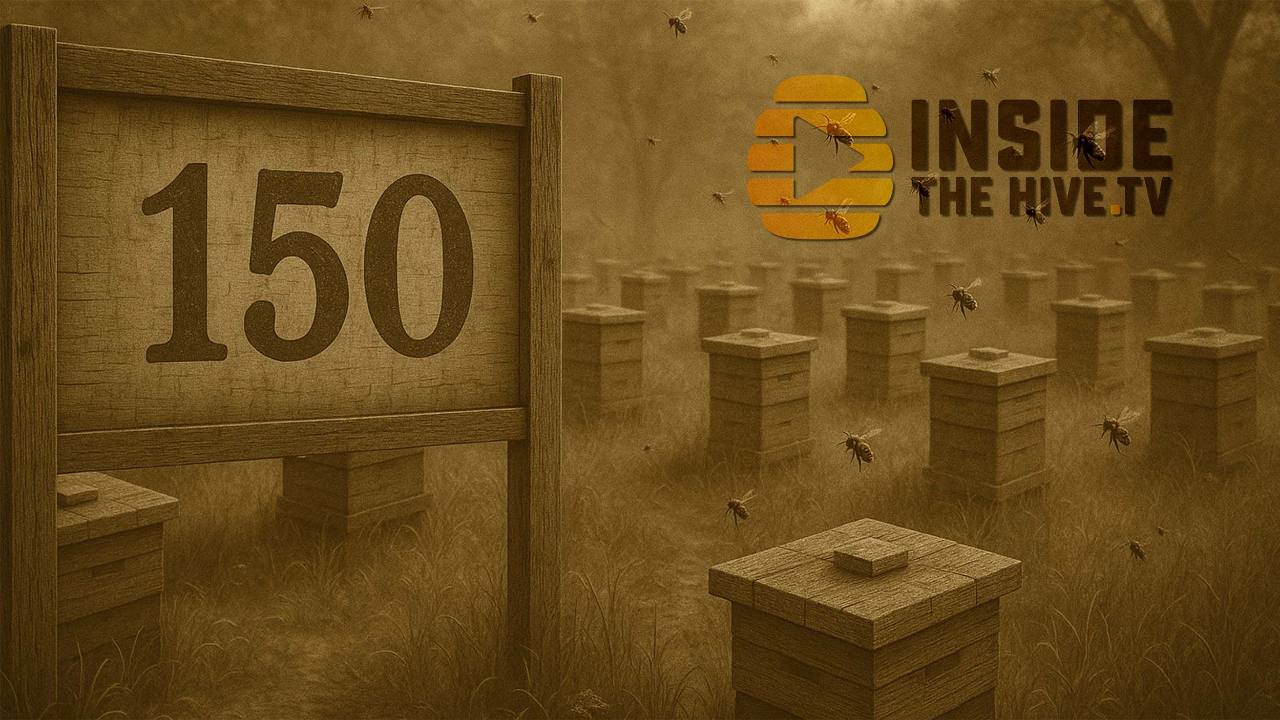What does science say about using non-native probiotics in honey bee health? Part 01

Hey everyone!
The use of non-native probiotics in honey bee health is a controversial topic, and I've decided to create a video series to explore what science says. There are numerous scientific articles both supporting and opposing their use, highlighting the complexity of this issue.
I want to be transparent about my current stance: I am not yet convinced that non-native probiotics have no health benefits to honey bees.
My personal experience with non-native probiotics in honey bee health
I've conducted two separate field trials using non-native probiotics on honey bees. One was commissioned by a commercial beekeeper, and the other by StrongMicrobials at the University of Florida, where I previously worked as a researcher.
In the first field trial, the beekeeper wanted to determine if there were any measurable health benefits. After a 60-day trial, I found no measurable improvements.
However, in the second trial at the University of Florida, bees consuming the probiotics were statistically significantly heavier, which is an important factor for commercial beekeepers.
The conditions were harsh. The area didn’t have many natural resources for the bees at the time of the trial, and perhaps the addition of the bacteria combined with sugar helped the bees gain weight. However, I doubt it.
Honestly, I was surprised by this result; it was entirely unexpected.
Here's the caveat: I chose not to publish the results, and I want to explain my reasoning.
In my scientific training, I was taught that a scientist should only publish findings when they are confident that their work has undergone rigorous investigation and that the results are reproducible under various conditions.
I cannot say this about my trial at the University of Florida. First, it was conducted in the middle of the COVID pandemic—I lost all my students, who were sent home and could no longer assist me in the field. On top of that, I lost my mom to COVID, and, understandably, I wasn’t operating at my best.
Second, and most importantly, I was unable to repeat the trial to verify the results. I only publish an article in a peer-reviewed journal if I am able to repeat the initial trial and obtain the same results.
If there is something I learned in my carrers with bees is that field trials must be repeated to make sure things are going in the right direction.
Do these factors invalidate the results I obtained? I don't believe so. They certainly make the results weaker, but I don't think they invalidate them, especially after reviewing the relevant literature. There are many scientific studies in different contexts pointing to potential health benefits, while others caution against jumping to conclusions.
Could I have encountered one of those conditions where lactic acid bacteria were actively helping the bees during the brief period they survive inside the bees' guts? I don't know. What I do know is that I obtained this result.
To comply with my legal obligations, I wrote a report for StrongMicrobials describing my findings, which they naturally used as marketing material. No Problem about that. I would have done the same in their position.
StrongMicrobials are great to work with—they never push me to do or say anything, always strive for improvement, and they have a deep understanding of microbes. They have effectively countered my arguments multiple times, and working with them has been a genuinely pleasant learning experience.
In addition to my trials, I know several highly successful beekeepers whom I respect, and they firmly believe in the health benefits of these non-native probiotics to the point they spend a considerable amount of money on them every year. Are they wasting their money or there is someting to be discovered?
The video series
This video series was motivated by these experiences, as well as a critical letter from Dr. Kirk Anderson of the USDA, who confidently opposed the use of non-native probiotics. Dr. Kirk co-authored a recent scientific article with Randy Oliver from ScientificBeekeeping.com, which showed no significant effects when they conducted a trial in California under Randy's apiaries conditions.
I was genuinely surprised to see a non-regulatory branch of the USDA take such a firm stance. I became curious to understand how Dr. Kirk was so confident in his claims. As a result, I interviewed him and Dr. Jay Evans, also from the USDA, to better understand the USDA's perspective on this issue.
Since I had a positive experience with StrongMicrobials, I invited them to sponsor this video series, provided they would not oppose my coverage of scientific articles critical of non-native probiotics for bees, and that they would have no editorial power over my videos. They agreed.
From now on my videos about this subject will be sponsored by them.
It’s time to do the work—speak with more specialists and beekeepers, observe how they conduct their experiments, and understand how they interpret their results.
Together, we may be able to determine the specific circumstances under which non-native probiotics could benefit honey bee health, if any.
In my next video on YouTube, which is already available to members, I dive into a scientific article that claims non-native probiotics can help honey bees produce more honey.
Stay tuned, share this content with anyone who may be interested, and subscribe to this newsletter to follow along.
Cheers,
Humberto.







Responses